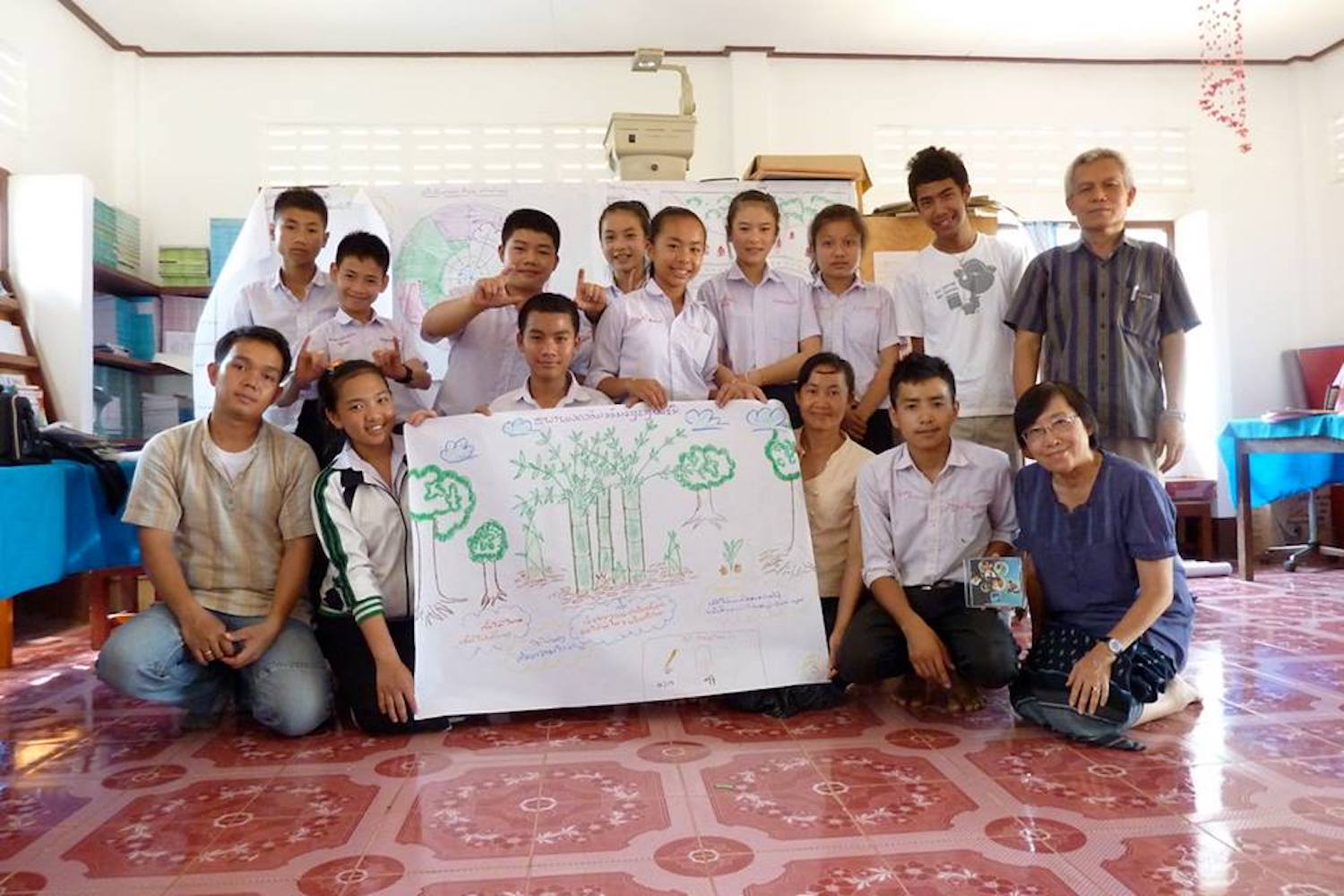Bangkok Post: 25 April 2016
In the second decade of the Asean civil society and people’s forum, the civic groups will meet not in the host country for the first time, but in non-Asean member East Timor instead. Every year before the Asean Summit, a conference known as the Asean Civil Society Conference/Asean People’s Forum (ACSC/APF), where hundreds of civil society activists from the Asean region gather to represent the voice of civil society, is held parallel to the official Asean Summit.
This year the theme of the conference, to be held in in August, is “Expanding People’s Solidarity for a Just and Inclusive Asean Community”. It will be held in East Timor’s Dili, according to Atnike Sigiro, a steering committee member of the Asean NGO mechanism created in 2005.
“It’s an effort by Asean civil society to reach out to people in Timor Leste, which soon will join Asean. The title also represents an expansion of solidarity among the people in the Asean region,” said Ms Sigiro from Forum-Asia. Continue reading “Asean civil society meet dodges Laos for E Timor”



 duction
duction
 The ASEAN Charter provides that all Member States shall take turns in acting as Chair of the ASEAN. The chairmanship of ASEAN rotates annually, based on the alphabetical order of the English names of Member States.
The ASEAN Charter provides that all Member States shall take turns in acting as Chair of the ASEAN. The chairmanship of ASEAN rotates annually, based on the alphabetical order of the English names of Member States.
 In 2016 it will be 20 years since the Government of Laos (GoL) first announced its goal to graduate from Least Developed Country (LDC) status by 2020.1 During this time, much has changed. With the exception of a few years following the 1997 Asian financial crisis, economic growth has remained strong and in 2011 the World Bank raised Laos’ income categorization from a low-income economy to a lower-middle income economy.2 Foreign Direct Investment has also growing rapidly and strong progress has been made on a number of the country’s Millennium Development Goal (MDG) targets. This has led the UNDP to categorize Laos as the 6th most successful country for improved human development over the past 40 years.3
In 2016 it will be 20 years since the Government of Laos (GoL) first announced its goal to graduate from Least Developed Country (LDC) status by 2020.1 During this time, much has changed. With the exception of a few years following the 1997 Asian financial crisis, economic growth has remained strong and in 2011 the World Bank raised Laos’ income categorization from a low-income economy to a lower-middle income economy.2 Foreign Direct Investment has also growing rapidly and strong progress has been made on a number of the country’s Millennium Development Goal (MDG) targets. This has led the UNDP to categorize Laos as the 6th most successful country for improved human development over the past 40 years.3



